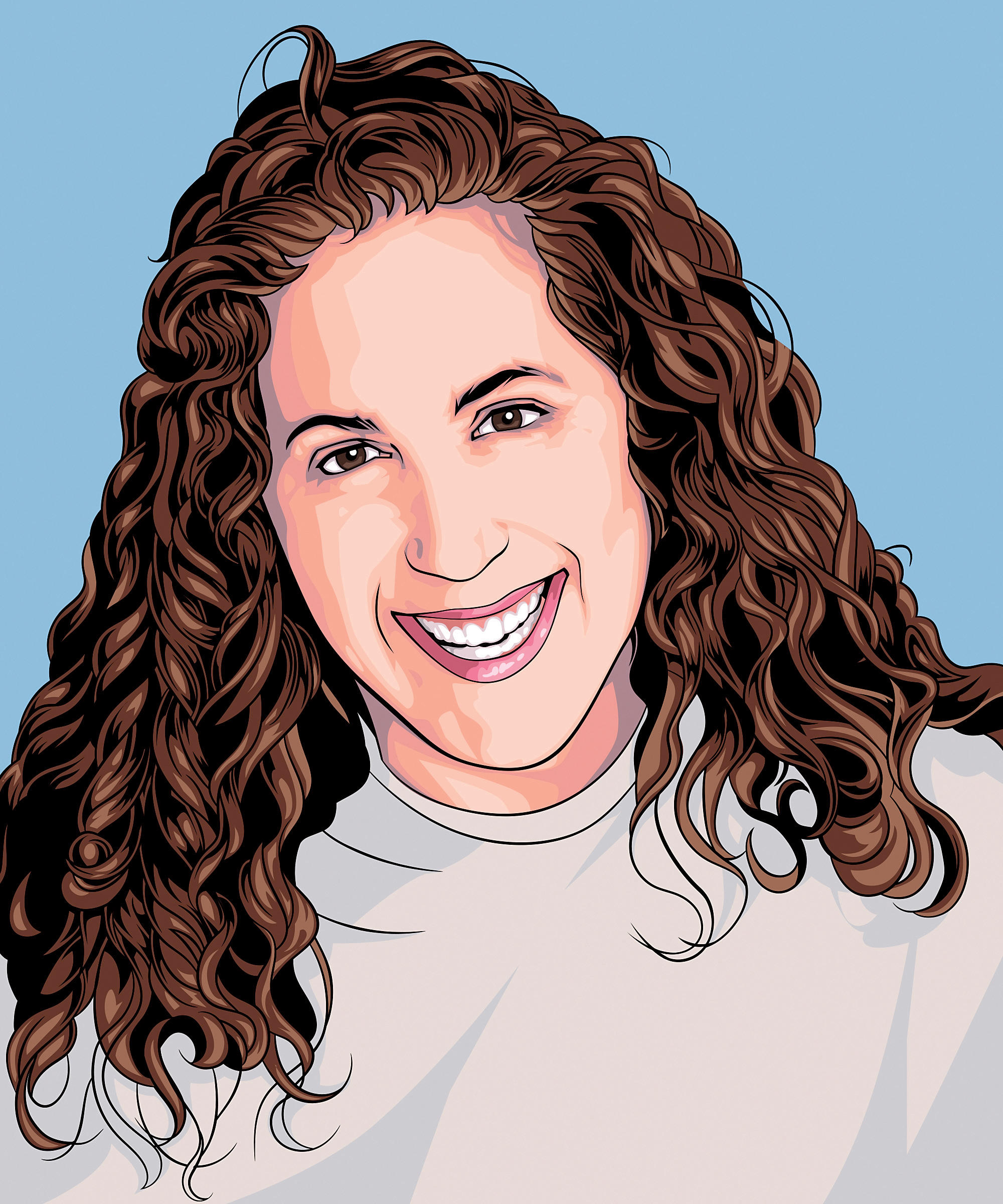Tell us a little about the genesis of your book.
It started as an article I wrote for the New York Times about my teenage son and his relationship with Siri. Gus is autistic, and he has an obsessive interest in weather patterns and train timetables. Like most people on the spectrum, he asks the kind of arcane questions that, as a mother, just make my head explode. Then he discovered Siri, a patient, intelligent being who was happy to answer his questions over and over again. That led him to ask follow-up questions on all kinds of subjects. Before Siri, Gus wasn’t really interested in having those back-and-forth conversations. Practicing with Siri has helped him learn to communicate better with actual humans.
Why do you think this particular article resonated with so many readers?
I think it hit a nerve because we tend to think of technology as something that isolates us or dumbs us down, but the article showed that technology could be a bridge for people who find it difficult to communicate. It can also be a source of comfort and companionship. I found out in the course of researching the article that a lot of people like to talk to Siri, especially when they are feeling upset or lonely. And Siri has pretty good answers to most questions. If you ask Siri if your ass looks fat in a pair of jeans, Siri will tell you, “You look fabulous.”
You’ve said that you wanted to write about an “average” autistic kid.
Autism is a spectrum disorder, and so many narratives about autism are about the extremes. They’re about kids who are so non-functional that they are banging their heads against the wall, or they’re about savants who, along with their limitations, have extraordinary talents. There’s not that much written about the vast number of autistic people in between. People like my son Gus.
Let’s talk about the language of autism. As a writer you are probably very attuned to its nuances.
It’s supposedly politically incorrect to call a person “autistic.” We’re told to use “person-first” language, but I don’t like referring to Gus as “a person with autism.” To me it suggests autism is something you carry around and can drop at will. You’d never say “a person with Jewishness” or “a person with homosexuality.” As a writer I hate to be fenced in by language, but I’m all for finding language that is descriptive and fun and to the point.
Some of your stories are hilarious. Did you set out to write a funny book?
Well, most books about autism are terribly earnest, and I was determined not to write an earnest book. Do I ever wonder, “Oh, God, what is going to become of my son?” Of course I do, but lots of people worry about their neurotypical kids, too. I like to say that Gus, who is now fifteen, is an incredibly adorable question mark. I don’t know at this point if he is going to be independent or not. That uncertainty feeds into a lot of fears, but also a lot of hopes.
What are your hopes for Gus?
I hope he can get a job. As a country and as a community, we need to design jobs to fit people on the spectrum. My son’s ideal job would be working the information booth at Grand Central: he would do that with joy every day of his life. For many people on the spectrum, repetition rocks — data entry, sorting parts, software testing, to name a few examples. That stuff might seem tedious to other people, but for Gus boredom is not an issue. In my book I mention one Columbia grad who has done this type of job-matching: Jonah Zimiles ’08BUS, an attorney who opened a bookstore in Maplewood, New Jersey, and hires people on the spectrum who like to sort books and enter inventory into the computer.
Do you spend much time wondering why Gus is autistic?
When it comes to some of the main risk factors for autism, Gus fits the bill. He has an older father and a somewhat older mother, and he is a twin born through IVF. But do I sit there and worry about it anymore? No, I don’t. Gus landed on the spectrum, and he is currently a happy person. I adore him just as he is. Autism is so much a part of his Gus-ness.



